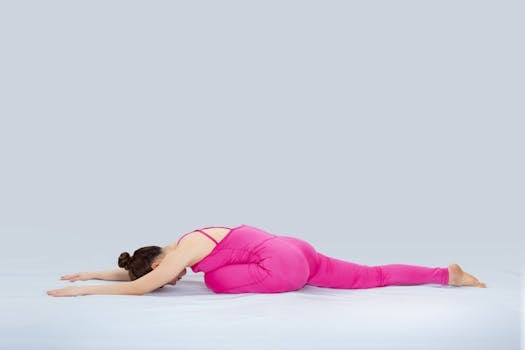
From Mat to Mind: How Yoga and Pilates Transform Your Mental Well-Being
Yoga and Pilates, Yoga and Pilates have been my sanity-savers for years. As someone who’s struggled with anxiety and stress, I’ve found that these practices have been instrumental in transforming my mental well-being. In this article, we’ll delve into the world of yoga and Pilates, exploring how they can benefit your mind and body.
What is Yoga and Pilates?
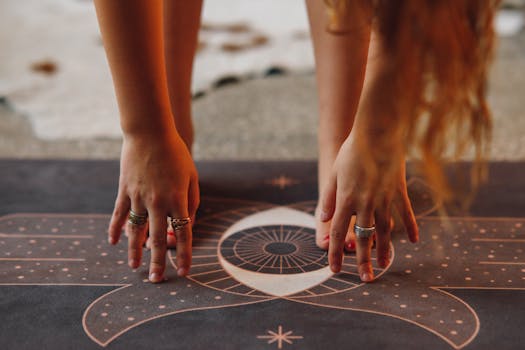
Before we dive into the nitty-gritty, let’s talk about what yoga and Pilates are. Yoga is a physical, mental, and spiritual practice that originated in India over 5,000 years ago. It involves various postures, breathing techniques, and meditation to promote relaxation, balance, and inner peace. Pilates, on the other hand, is a physical fitness method developed in the early 20th century by Joseph Pilates. It focuses on core strength, flexibility, and body control.
The Benefits of Yoga and Pilates for Mental Health
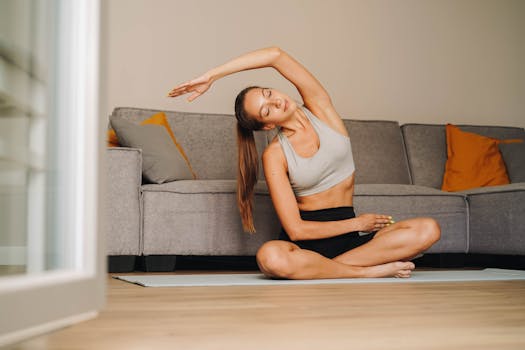
So, how do yoga and Pilates impact our mental well-being? Let’s take a look at some of the benefits:
- Reduces Stress and Anxiety: Yoga and Pilates have been shown to decrease the production of stress hormones like cortisol, leading to a sense of calm and relaxation.
- Improves Mood: The release of endorphins during yoga and Pilates can boost your mood, reducing symptoms of depression and anxiety.
- Enhances Sleep: Regular practice can help improve sleep quality, which is essential for mental health and well-being.
- Increases Self-Awareness: Yoga and Pilates encourage self-reflection, helping you tune into your thoughts, emotions, and physical sensations.
- Supports Trauma Recovery: These practices can provide a safe space for processing and healing from traumatic experiences.
How to Get Started with Yoga and Pilates
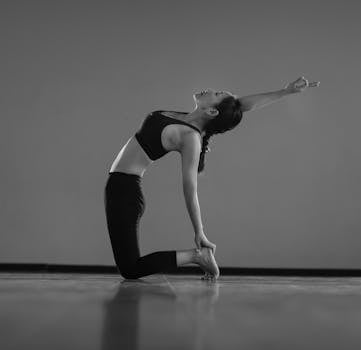
If you’re new to yoga and Pilates, don’t worry – it’s easy to get started! Here are some tips:
- Find a Local Studio or Online Classes: Look for yoga and Pilates studios in your area, or explore online classes and tutorials.
- Invest in a Good Mat: A high-quality mat can provide the necessary support and grip for your practice.
- Listen to Your Body: Honor your physical limitations and take breaks when needed – it’s not about pushing yourself too hard.
- Make it a Routine: Aim to practice yoga and Pilates at least 2-3 times a week, ideally at the same time each day.
Conclusion
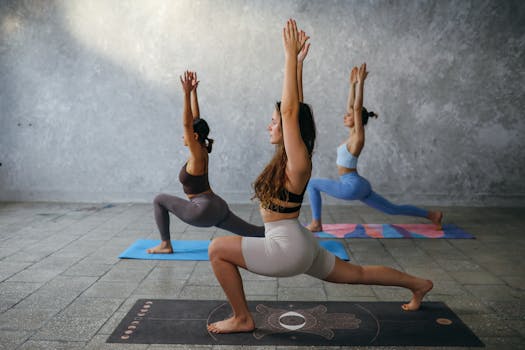
In conclusion, yoga and Pilates are powerful tools for transforming your mental well-being. By incorporating these practices into your daily routine, you can experience a profound impact on your mind and body. So, take a deep breath, grab your mat, and get ready to embark on a journey of self-discovery and growth.






